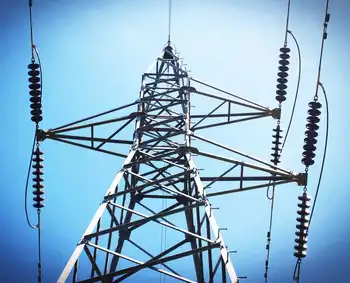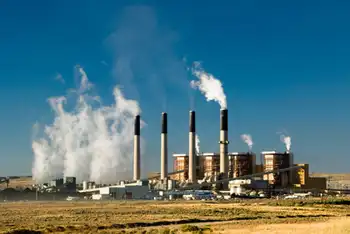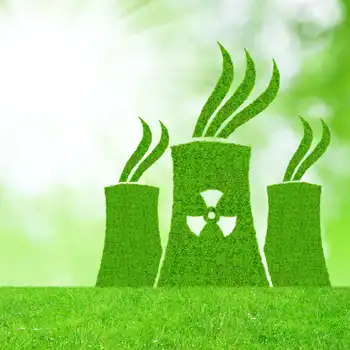Senator unveils $700 billion plan for nuclear plants
"We Americans invented the (nuclear) technology," the Maryville Republican said. "Isn't it time we got back into the game?''
Alexander has been calling in recent weeks for the federal government to allow the construction of 100 nuclear power plants over the next 20 years, and has outlined a blueprint for how that goal could be achieved.
Alexander estimated the cost of 100 nuclear reactors to be around $700 billion, but said nearly all of the money would come from private investment. The only federal contribution would be loan guarantees for the first dozen or so reactors, he said.
Besides loan guarantees, the government would need to increase the amount of money available for research and development into the safe recycling of nuclear fuel, Alexander said.
Congress would also have to let the Nuclear Regulatory Commission hire more workers to process applications for the new plants, he said.
What's needed most, however, is presidential leadership, Alexander said. He urged President Barack Obama to instruct his advisers to provide him with a plan on how to go about developing the plants and to point out potential obstacles.
"The difficulties with nuclear power are political, not technological, social not economic," Alexander said. "The main obstacle is a lingering doubt and fear in the public mind about the technology. Any progressive administration that wishes to solve the problem of global warming without crushing the American economy should be helping the public resolve these doubts and fears."
Clean energy is at the top of Congress' agenda as the Senate prepares to tackle climate change legislation.
The House voted 219-212 late last month to pass a bill that would limit the emission of greenhouse gases that scientists say are responsible for global warming. But the bill's prospects are far less certain in the Senate, where Republicans oppose the measure and even some Democrats have serious concerns.
Alexander derided the House bill as "a contraption of taxes and mandates" that will raise the price of electricity, hurt the economy and drive manufacturing jobs out of the country. The bill "needs to be junked," he said.
Nuclear power should be the first step to a policy of clean, low-cost energy, Alexander said. While nuclear power produces only 20 percent of electricity in the United States, it produces 70 percent of carbon-free, pollution-free electricity, he said.
Building 100 new nuclear plants would double U.S. electricity production from nuclear power in 20 years, making it about 40 percent of all electricity production, Alexander said.
It's an achievable goal, he said. American utilities built 100 reactors between 1970 and 1990 by using their own money, Alexander said. "Why can't we do it again?" he asked.
A clean energy advocacy group dismissed Alexander's proposal as too risky and unrealistic.
"It's the nuclear industry feeding at the trough that is provided by the U.S. taxpayer," said Sara Barczak, program director for the Southern Alliance for Clean Energy.
Barczak cited a recent report by an economist at Vermont Law School that put the cost of building and operating 100 nuclear plants at $1.9 trillion to $4.1 trillion, much higher than what Alexander had projected.
She also questioned Alexander's argument that most of the plant costs would be borne by ratepayers.
"The whole point of these loan guarantees is that they are backed by U.S. taxpayers," she said. "These are really risky, high-cost projects. The default on these loan guarantees is as much as 50 percent.''
Related News

OEB issues decision on Hydro One's first combined T&D rates application
TORONTO - The Ontario Energy Board (OEB) issued its Decision and Order on an application filed by Hydro One Networks Inc. (Hydro One) on August 5, 2021 seeking approval for changes to the rates it charges for electricity transmission and distribution, beginning January 1, 2023 and for each subsequent year through to December 31, 2027.
The proceeding resulted in the filing of a settlement proposal that the OEB has now approved after concluding that it is in the public interest.
The negotiated reductions in Hydro One's transmission and distribution revenue requirements over the 2023 to 2027 period total $482.7 million compared to…




